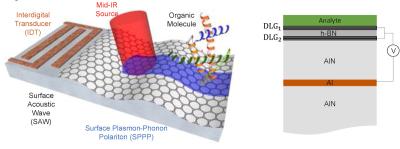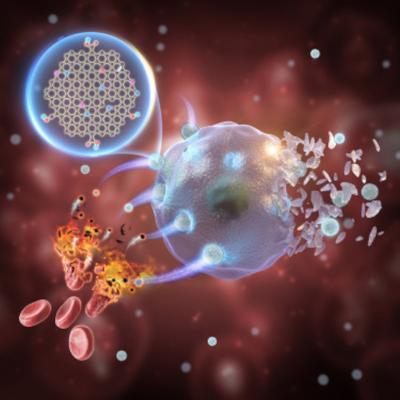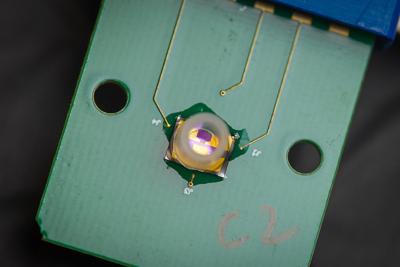Development of graphene-based sensor tattoos for sweat analysis gets funding boost
University of Massachusetts Amherst researchers have received an award to develop a graphene-based sweat monitor tattoos that can be applied to the skin just like a temporary tattoo and assess the molecules present, such as cortisol. The tattoos will aim to give users better insight into their health and serve as a tool for researchers to discover new early indications of diseases.
“There are a lot of vital biomolecules that are present in sweat that we need to measure to really understand overall human performance and correlation to different diseases,” says research lead and assistant professor of biomedical engineering, Dmitry Kireev.




